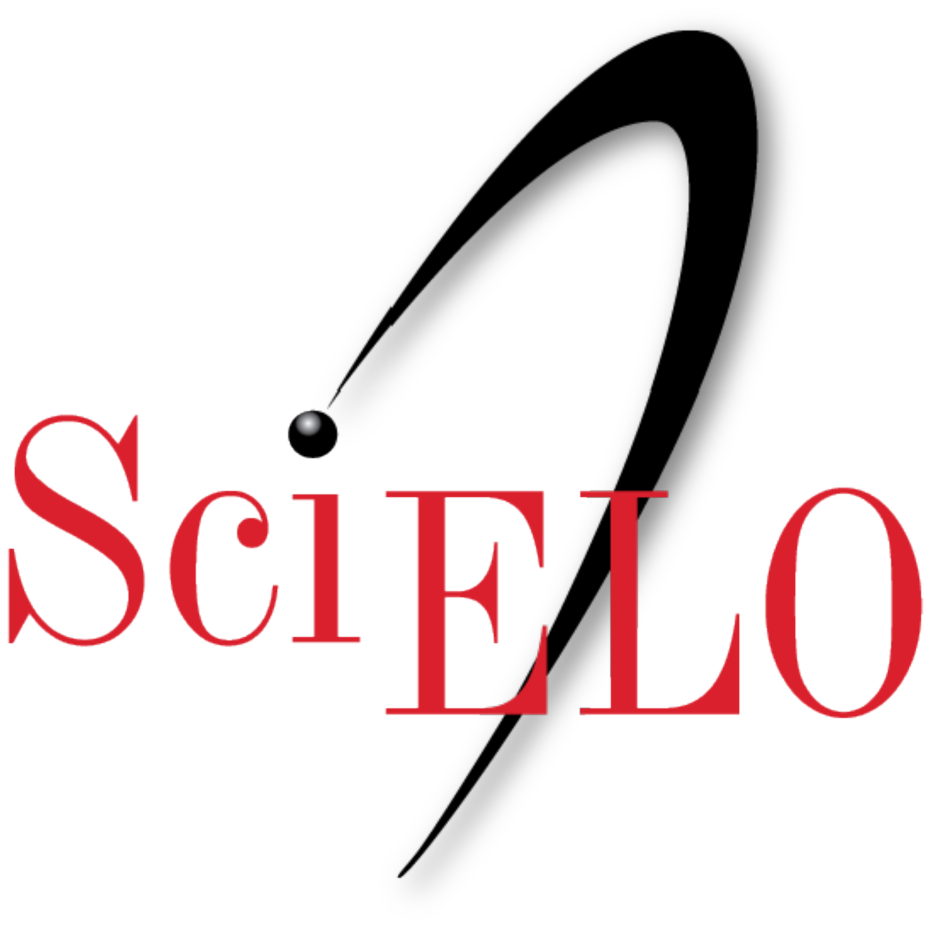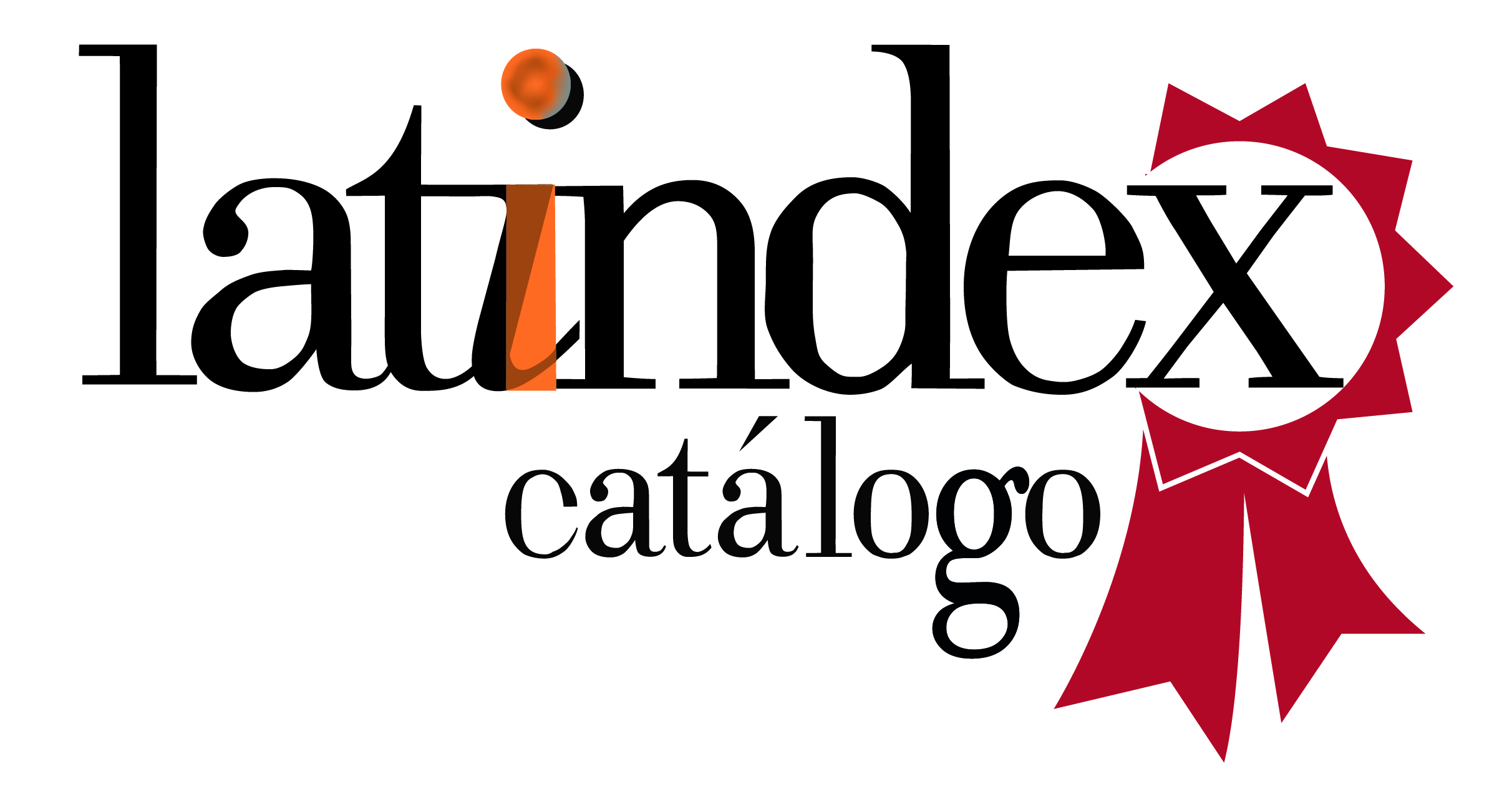La falacia de la resistencia francesa y nuestra cotidiana ilusión de moral
DOI:
https://doi.org/10.52379/mcs.v3i1.75Abstract
En cada instante de nuestra existencia consciente, nuestra mente es bombardeada por más de 11 millones de inputs de información. Debido a que nuestro cerebro dispone de apenas 10 Watts de energía, es comprensible que el mismo deba integrar estrategias que lo lleven a economizar recursos, no solo con el objetivo de optimizar recursos energéticos, sino también de asegurar respuestas que sean lo suficientemente rápidas como útiles e incluso vitales para la subsistencia. Tal situación es posible gracias a los heurísticos. En este artículo damos un recorrido por los principales heurísticos para luego explicar los sesgos que se generan a través de ellos. Dichos sesgos comprometen severamente nuestra objetividad en la toma de decisiones por lo cual incrementan la subjetividad de la moral y aleja a esta última de lo ético.
Downloads
References
2. Pfister HR, Böhm, G. The multiplicity of emotions: A framework of emotional func-tions in decision making. Judgment and Decision Making 2008;3(1):5-17. URL.
3. Crotty P, Sangrey T, Levy WB. 2006. ‘Metabolic Energy Cost of Action Potential Veloc-ity’. J Neurophysiol. 2006;96(3):1237-46. https://doi.org/10.1152/jn.01204.2005
4. Beuchot M. Heurística y hermenéutica. 1ª ed. Ciudad de México: Editorial de la UNAM; 1999.
5. Jeng M. A selected history of expectation bias in physics. Am. J. Phys. 2006;74:578. https://doi.org/10.1119/1.2186333
6. Myers DG. Social psychology. 10th ed. New York: McGraw-Hill; 2009.
7. Hansen HV. The Straw Thing of Fallacy Theory: The Standard Definition of 'Fallacy'. Argumentation 2002;16(2):133-155. https://doi.org/10.1023/A:1015509401631
8. Kahneman D, Frederick S. Representativeness revisited: Attribute substitution in intui-tive judgment. In: Gilovich T, Griffin D, Kahneman D, editors. Heuristics and Biases. The Psychology of Intuitive Judgment. New York: Cambridge University Press; 2012. p. 49-81.
9. Kahneman D, Slovic P, Tversky A. Judgment under uncertainty: Heuristics and biases. New York: Cambridge University Press; 1982.
10. Slovic P, Finucane M, Peters E, MacGregor DG. The affect heuristic. In: Gilovich T, Griffin D, Kahneman D, editors. Heuristics and Biases. The Psychology of Intuitive Judgment. New York: Cambridge University Press; 2012. p. 397-420.
11. Restrepo LF, Rodríguez H. Análisis comparativo de la esperanza de vida en Sudaméri-ca, 1980 - 2010. Rev Univ. salud. 2014;16(2): 177-187. URL.
12. Pinker S. The truth about falling coconuts. CMAJ. 2002;166(6):801. URL.
13. Chapman GB, Johson EJ. The Limits of Anchoring. Journal of Behavioral Decision Making. 1994;7(4):223-242. https://doi.org/10.1002/bdm.3960070402
14. Tversky A, Kahneman D. Judgment under uncertainty: Heuristics and biases. Science 1974;1185(4157):1124-1131. URL.
15. Worchel S, Cooper J, Geothals GR, Olson JM. Psicología Social. México: International Thomson Ediciones; 2002.
16. Haselton MG, Nettle D, Andrews PW. The evolution of cognitive bias. In: Buss DM, ed-itor. The Handbook of Evolutionary Psychology. Hoboken: John Wiley & Sons; 2005. p. 724-746.
17. Busenitz LW, Lau CM. A Cross-Cultural Cognitive Model of New Venture Creation. En-trepreneurship Theory and Practice 1996;20(4):25-40. https://doi.org/10.1177/104225879602000403
18. Baron RA. Cognitive mechanisms in entrepreneurship: Why and when entrepreneurs think differently than other people. Journal of Business Venturing 1998;13:275-294.
19. Gilbert DT. Speeding with Ned: A personal view of the correspondence bias. In: Dar-ley JM, Cooper J, editors. Attribution and social interaction: The legacy of E. E. Jones. Washington: APA Press; 1998.
20. Forer BR. The fallacy of personal validation: A classroom demonstration of gullibility. Journal of Abnormal and Social Psychology 1949;44(1):118-123. https://doi.org/10.1037/h0059240
21. Baron J. Thinking and deciding. 3rd ed. New York: Cambridge University Press; 2000.
22. Nisbett R, Wilson TD. The halo effect: Evidence for unconscious alteration of judg-ments. Journal of Personality and Social Psychology 1977;35(4):250-256. https://doi.org/10.1037/0022-3514.35.4.250
23. Pronin E, Kruger J, Savitsky K, Ross. You don't know me, but I know you: the illusion of asymmetric insight. Journal of Personality and Social Psychology. 2001;81(4):639-656. https://doi.org/10.1037/0022-3514.81.4.639
24. Zubieta E, Barreiro A. Percepción social y creencia en el mundo justo. Un estudio con estudiantes argentinos. Revista de Psicología . 2006;XXIV(2):175-196. URL.
25. Sternberg RJ, Roediger III HL, Halpern DF, editors. Critical thinking in psychology. New York: Cambridge University Press; 2007.
26. Shermer M. The Political Brain [Internet]. Armonk, New York: Scientific American; 1 July 2006 [cited 28 December 2018]. Available from: https://www.scientificamerican.com/article/the-political-brain/
27. Emerson GB, Warme WJ, Wolf FM, Heckman JD, Brand RA, Leopold SS. Testing for the Presence of Positive-Outcome Bias in Peer Review: A Randomized Controlled Tri-al. Arch Intern Med. 2010;170(21):1934-1939. https://doi.org/10.1001/archinternmed.2010.406
28. Fischhoff B. Hindsight ? foresight: The effect of outcome knowledge on judgment un-der uncertainty. Qual Saf Health Care. 2003;12(4):304-312. https://doi.org/10.1136/qhc.12.4.304
29. Arkes H, Faust D, Guilmette TJ, Hart K. Eliminating Hindsight Bias. Journal of Applied Psychology 1988;73(2):305-307. URL.
30. Korstanje M. El miedo político bajo el prisma de Hannah Arendt. Revista SAAP 2014;8(1):99-126. URL.
31. Haidt J, Graham J. When Morality Opposes Justice: Conservatives Have Moral Intui-tions that Liberals may not Recognize. Social Justice Research. 2007;20(1):98-116. https://doi.org/10.1007/s11211-007-0034-z
32. Chapouthier G. To what extent is moral judgment natural? European Review (GB) 2004;12(2):179-183.
33. Kidder R. How Good People Make Tough Choices: Resolving the Dilemmas of Ethical Living. New York: Harper Collins; 2003.
34. Richard, P, Linda E. The Miniature Guide to Understanding the Foundations of Ethical Reasoning. United States: Foundation for Critical Thinking Free Press; 2006.
35. Olson RG. Deontological Ethics. In: Edwards P, editor. The Encyclopedia of Philosophy. London: Collier Macmillan; 1967. p. 343.
36. Scholl JA, Mederer HJ, Scholl RW. Leadership, Ethics, and Decision-Making. In: Farazmand A, editor. Global Encyclopedia of Public Administration, Public Policy, and Governance. New York: Springer: 2016. p. 1-11. https://doi.org/10.1007/978-3-319-31816-5_2407-1
37. Selart M, Johansen ST. Ethical Decision Making in Organizations: The Role of Leader-ship Stress. Journal of Business Ethics. 2011:99(2); 129-143. https://doi.org/10.1007/s10551-010-0649-0
38. Schulz K. En defensa del error. Madrid: Ed. Siruela; 2015
Downloads
Published
Issue
Section
License
Copyright (c) 2019 Jorge Villalba-Arias, Julio Torales

This work is licensed under a Creative Commons Attribution 4.0 International License.











